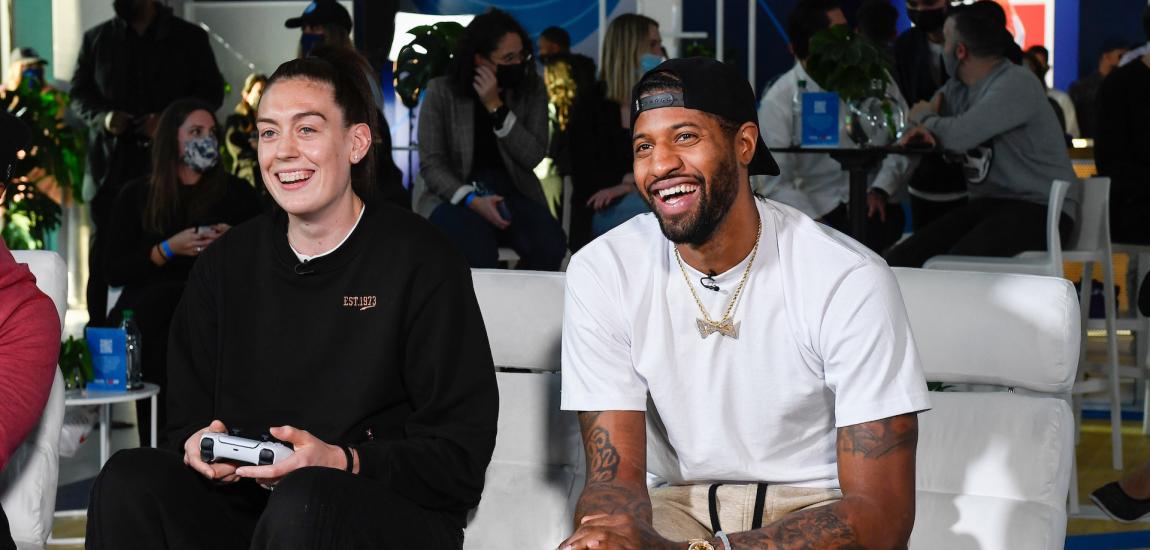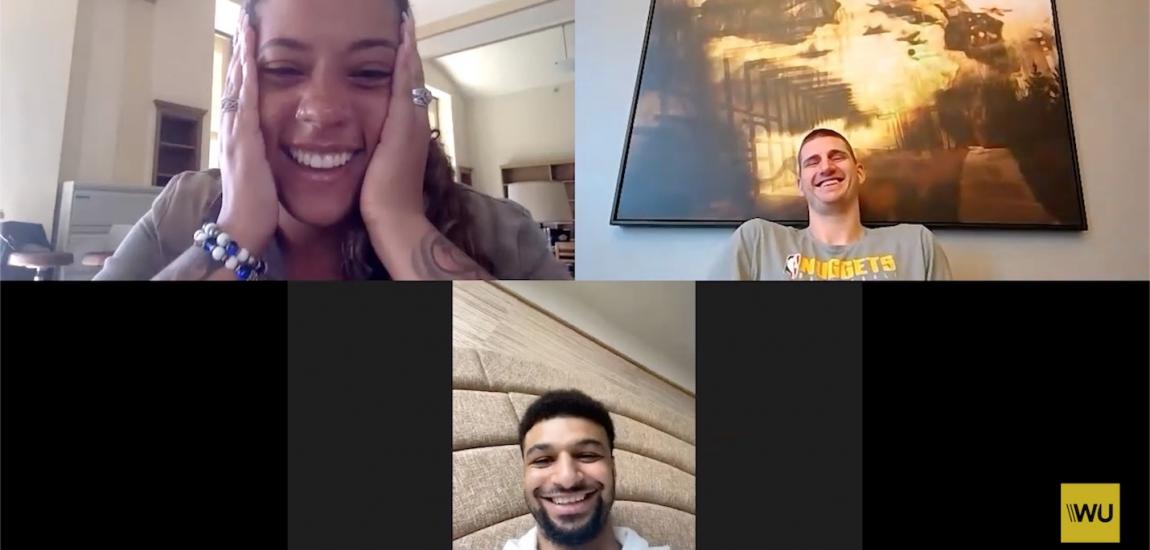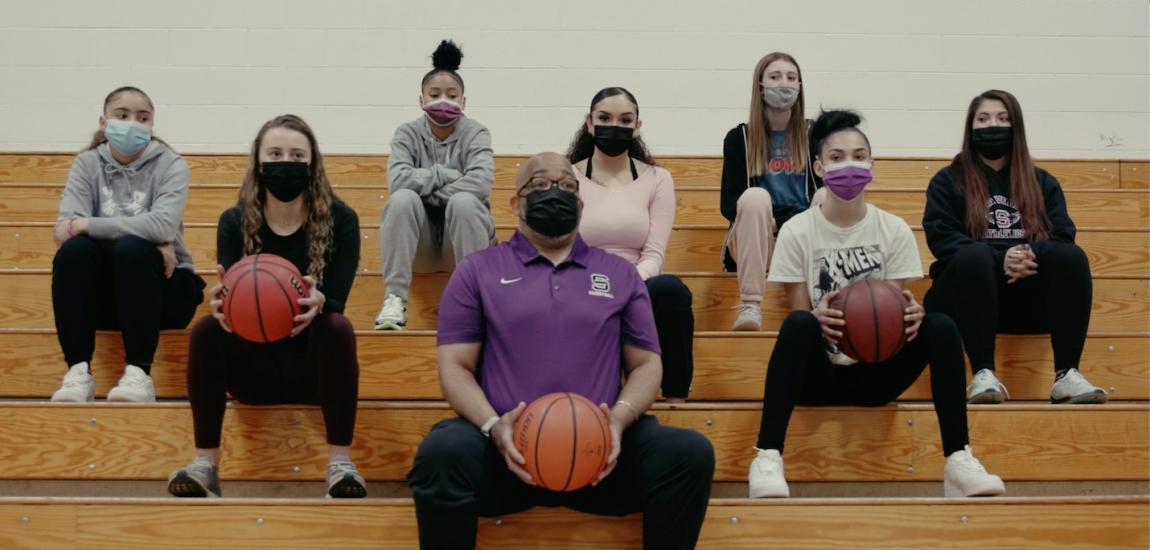OK, ready to put on your basketball history caps? Good.
In the 1972 Olympic gold medal game, Doug Collins & USA lost on a USSR buzzer beater. Chris Collins won on virtually the same play Wednesday pic.twitter.com/ROU6THfXkU
— Jeff Eisenband (@JeffEisenband) March 2, 2017
In the 1972 Olympics, the U.S. Men's Basketball Team, featuring the nation's top college players and amateurs, reached the gold medal match against the Soviet Union. The U.S. had won the first eight Olympic gold medals in basketball, dating back to 1936, and was 63-0 all-time in Olympic play entering the final in Munich.
The U.S. thought it had gone 64-0. With three seconds left and the USSR leading 49-48, a 21-year-old from Illinois State, Doug Collins, was fouled hard and sent to the free throw line. He made both shots, giving the U.S. a one-point lead.
Then came one of the most controversial moments in basketball history. Or, a few of the most controversial moments.
Based on Olympic rules at the time, the ball would have been live as soon as Collins' second free throw dropped and the Soviets could not have called timeout. On the court, USSR players rushed to inbound the ball, but they did not take a shot. Russian coaches rushed onto the court, insisting they had tried to call a timeout between free throws. (The USSR could have legally called a timeout after the first free throw and a horn can be heard as Collins put up his second free throw). Officials reset the clock to three seconds and allowed the Soviets to inbound again.
On the next inbounds try, officials gave the Soviets the ball before the clock was reset to three seconds. For this reason, the horn sounded early and play was again restarted. For the record, the Soviets were unable to score on this play. The Americans erupted in celebration.
On the third inbounds, Soviet Ivan Edeshko heaved a full-court pass to Aleksandr Below, who made a buzzer-beating layup to give the USSR a 51-50 gold medal victory. Doug Collins (No. 5) can be seen coming into the picture after Below's shot went down (5:20).
Collins and his USA teammates declined to accept their silver medals. The United States Olympic Committee filed multiple appeals during and after the Olympics, to no avail.
Of course, life went on for Collins. He was a first-team All-American in 1973 and was the No. 1 overall pick in the 1973 NBA Draft. He made three All-Star Games in eight NBA seasons. In four head coaching stops in Chicago, Detroit, Washington and Philadelphia (coaching Michael Jordan with the Bulls and Wizards), Collins went 442-407. Collins also became a prominent broadcaster.
Today, when Collins, 65, isn't on TV, he can usually be found at Welsh-Ryan Arena in Evanston, Illinois, cheering on his son, Chris. Chris, 42, who starred at Duke, is now in his fourth season as head coach at Northwestern. On Wednesday evening, Collins' team effectively clinched its spot in the NCAA Tournament with a buzzer-beating layup by sophomore Dererk Pardon on a full-court inbounds pass from senior Nathan Taphorn. The play looked eerily familiar.
The greatest play in #Northwestern basketball history. @NUMensBball @NU_Sports pic.twitter.com/WWkUAKGEr9
— Jeff Eisenband (@JeffEisenband) March 2, 2017
Like the Olympic play Doug lost on, Chris' team, with 1.7 seconds left, aired the ball over the defense, crosscourt, to a big man near the rim. Pardon punched home the bucket and (allegedly) punched the Wildcats' ticket to the dance. As of today, Northwestern is the only Power 5 Conference team to never have made the NCAA Tournament. His shot will likely be the lasting image of the end of Chicago's longest remaining curse.
Chris did it on the play that has haunted his father for 45 years. Although, it wasn't Chris' call.
Chris Collins said Northwestern had never practiced the game-winning play. Assistant Brian James drew it up during the timeout.
— Stewart Mandel (@slmandel) March 2, 2017
Brian James has long-standing ties to the Collins family. He coached Chris at Glenbrook North, where Chris was Illinois' Mr. Basketball. He was also one of Doug's assistant coaches with the Pistons, Wizards and 76ers (also serving as an assistant for the Raptors and Bucks). He came full circle, joining Chris' staff in 2013.
So maybe Chris wasn't thinking about the 1972 Olympics during Northwestern's final timeout Wednesday night. But James was.
|
|
If you missed @dererk5 and @NU_nate32 on @SportsCenter or you just want to watch it again, we got you. #B1GCats https://t.co/zpU5SjaCys— NU Men's Basketball (@NUMensBball) March 2, 2017
Some social media users noticed the connection:
Unreal. The son of Doug Collins wins it with the USSR-in-1972 play. #Northwestern #Michigan
— Noah Trister (@noahtrister) March 2, 2017
We talked about this last night on CBB Live with @coach_collins. Reminded me of this immediately. Crazy! https://t.co/Tn6h6fEVJW
— Andy Katz (@ESPNAndyKatz) March 2, 2017
Michigan will not accept the Silver Medal https://t.co/GL8ZoiImpE
— Doug Gottlieb (@GottliebShow) March 2, 2017
Meanwhile, Doug was on the ESPN call for Cavs-Celtics, but it sounds like he was emotional watching the events in Evanston.
First one to show Doug Collins the Hail Mary at half of our Cavs-C's gm. An amazing moment to share with such a proud dad #GoNU #Purplepride
— Cassidy Hubbarth (@CassidyHubbarth) March 2, 2017
Seeing Doug Collins reaction to the Northwestern news was beautiful. What a proud dad. Love it.
— Ryan Ruocco (@RyanRuocco) March 2, 2017
Happy for my friend Doug Collins today - he was the president of the Proud Dad Club even before his son turned Northwestern hoops around.
— Bill Simmons (@BillSimmons) March 2, 2017
Collins says that Doug Collins was not in the building tonight and that it was probably for the better for his father's health
— Inside NU (@insidenu) March 2, 2017
History finds a way of repeating itself. This time, for the Collins family, they were on the winning side of it.
-- Follow Jeff Eisenband on Twitter @JeffEisenband. Like Jeff Eisenband on Facebook.





